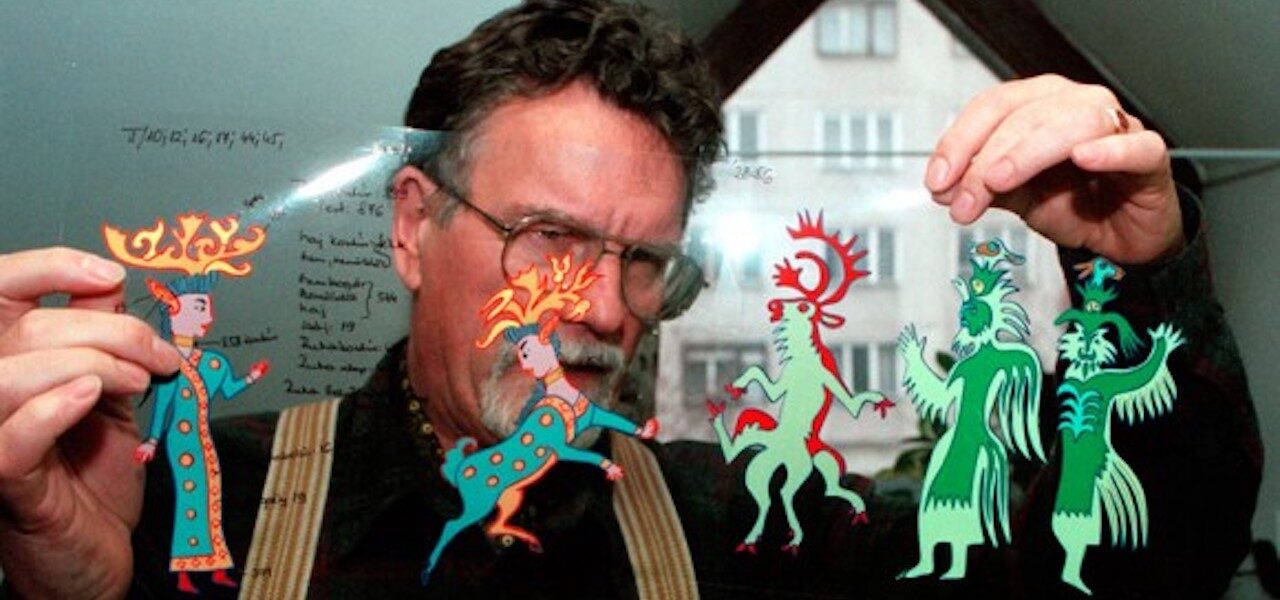Hungary's first animator: Who is Marcell Jankovics?
Jankovic, whose fame in Hungary is on par with Walt Disney in the US and Hayao Miyazaki in Japan, is known for his narrative of epic animated shows based on poetry and mythology, all done in a visually powerful, distinctive style.

The writer, graphic designer, animator, and director began his film career right after high school and received an apprenticeship at the Pannonia Film Studio in Budapest in 1960, where within three years he moved from apprentice to assistant animator, then to an animator and became a director.
His first feature film, 1973's Johnny Corncob (János vitéz), inspired by the Hungarian poet Sándor Petőfi, was the first animated film produced in the country.
He produced two acclaimed animated shorts before working on Son of the White Mare, which he directed, storyboarded, and animated; 1973's Sisyphus and 1977's Struggle; the first earned him an Academy Award nomination, and the second won the Palme d'Or for animated shorts at Cannes.
Marcell Jankovics (21 October 1941 – 29 May 2021) was a Hungarian graphic artist, film director, animator and author. He is best known for the animated films Johnny Corncob (1973; the first animated feature of his native country) and Son of the White Mare (1981; cited as one of the best animated films ever made).
QUESTION: Like most of your feature films, this one is based on mythology, fairy tales, and poetry, you have even written many books on mythology. Where did your interest in these issues stem from? Was this formed at an early age, during your time as a student, or was it something you began to appreciate when you started working in film?
JANKOVICS: My interest traces back to my childhood. Fascination with folk tales.
QUESTION: In an interview a few years ago, you said that you actually wanted to adapt some fairy tales, but your studio manager did not allow you to do so due to your story's "anti-Marxist interpretation of time." Do you remember what those fairy tales were?
JANKOVICS: Rather than a series of folk tales, these were stories I wrote myself based on folk tales whose subject was eternal cycles. This contradicted communist ideology. To them, the march of history is a one-way street with a purpose, and the cycle is like walking on water.
